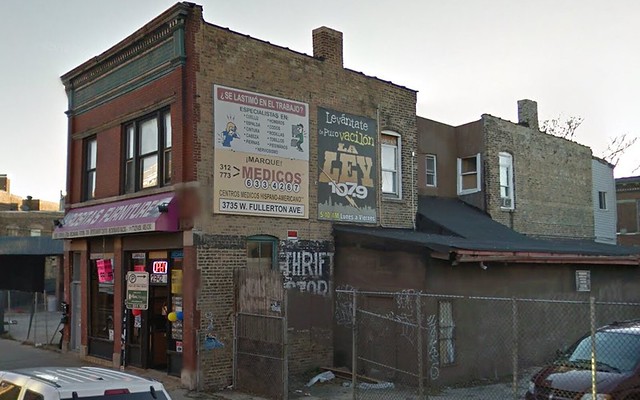In San Francisco, California,
SFGATE.com reports:
- A San Francisco landlord illegally crammed dozens of formerly homeless veterans into overcrowded dwellings across the Bayview-Hunters Point neighborhood, while collecting millions of dollars in federal subsidies aimed at helping vets and the poor, a lawsuit filed [] by City Attorney Dennis Herrera claims.
Judy Wu, along with husband Chuan Zhu, allegedly chopped up residences — mostly single-family homes — into multiple-unit buildings and then rented the units to tenants possessing vouchers from Section 8 and the Department of Veterans Affairs’ Homes for Heroes program, which is designed to end homelessness among veterans.
The lawsuit identifies 12 buildings with 15 legal units divided up and rented to 49 individual tenants, two-thirds of them veterans. The leases are bringing in $80,031 a month in rent, or $960,372 a year. Herrera’s lawsuit alleges that the 49 units “do not comply with San Francisco zoning requirements and subsequently endanger the occupants and neighborhood residents.”
***
The case came to the city’s attention after Supervisor Malia Cohen, who represents the Bayview, noticed a pattern of complaints about properties owned by Wu. Neighbors said the single-family homes seemed overpopulated, noisy and overflowing with trash. Sidewalks filled up with cars and backyards became littered with mattresses, discarded furniture, stray cats and mounds of old clothing. The buildings had just one mailbox for all the units, resulting in stolen checks and heaps of unopened envelopes littering common stairways.
***
Again and again, according to the city, Wu obtained permits for minor alterations — a new bathroom, bedrooms, storage or laundry room — and then undertook much more extensive renovations than allowed, adding multiple units.
At 1351 Revere Ave., a single-family home purchased for $260,000 in September 2010, the landlords sought a permit to add a laundry room, family room, three bathrooms and three bedrooms, according to documents from the San Francisco Department of Building Inspection. They proceeded to lease it out to seven separate tenants, collecting $11,830 a month in rent. The home is 1,493 square feet, which works out to 213 square feet per unit.
At 1050 Gilman Ave., the 1,180-square-foot home was broken up into five units, for which the property owners have been collecting $10,104 in rent per month, according to Herrera’s office. Wu and her husband bought the building in 2009 for $200,000, city records show.
Wu said she is “cooperating with the city and trying to protect my tenants.” “My tenants are very low-income and some have mental problems. I am trying to house as many veterans as possible,” she said. “I am complying with what (the city) asks me to do. They are not supposed to be filing a lawsuit against me. What can I do? They want me to get rid of my tenants?”
***
Visits to Wu’s properties and interviews with her tenants create a picture of a landlord who, while allegedly violating the city’s zoning codes, also cares about housing veterans with few other options. She regularly leases to tenants whose eviction records made other landlords see them as off limits, and apparently is not quick to throw out those who fall behind on their rent, some tenants say. On the other hand, tenants complained of everything from broken stoves to lack of heat to Wu’s unwillingness to get rid of residents who are disruptive or engaging in illegal activities.



